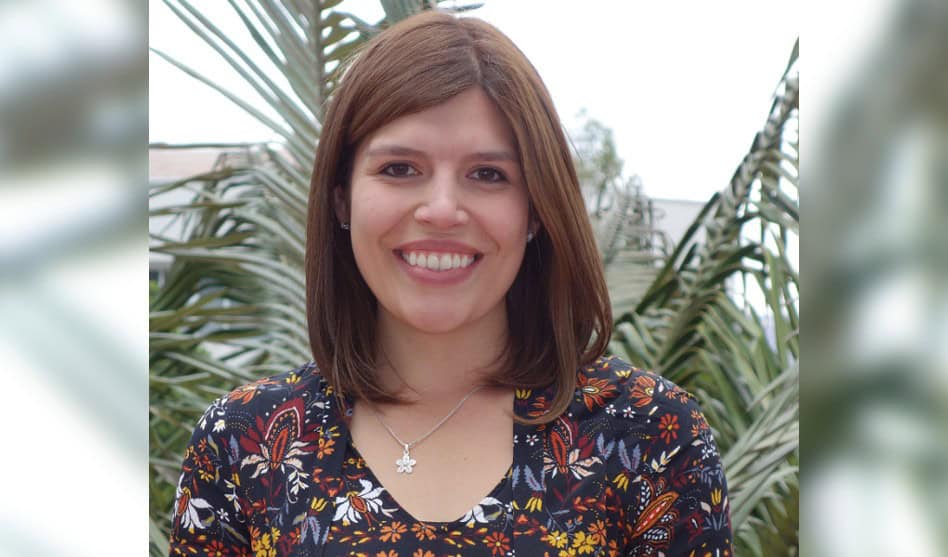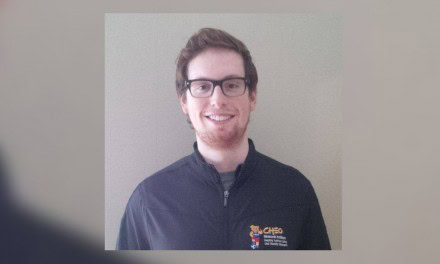HALO PhD candidate Silvia Gonzalez is one of the co-authors on a paper, “Effects of a Physical Activity Program Potentiated with ICTs on the Formation and Dissolution of Friendship Networks of Children in a Middle-Income Country”, that was just published in the International Journal of Environmental Research and Public Health. Citation details and a summary of the paper are below.
Congratulations Silvia!
Guerra, A.M.; Montes, F.; Useche, A.F.; Jaramillo, A.M.; González, S.A.; Meisel, J.D.; Obando, C.; Cardozo, V.; Hunter, R.F.; Sarmiento, O.L. Effects of a Physical Activity Program Potentiated with ICTs on the Formation and Dissolution of Friendship Networks of Children in a Middle-Income Country. Int. J. Environ. Res. Public Health 2020, 17, 5796.
Abstract
This paper assesses the potential cohesion effect of a physical activity (PA) school-based intervention potentiated using text messages (SMS) through analyzing longitudinally the friendship network structure and the mechanisms of the formation and dissolution of friendships. Three schools (n = 125 participants) in Bogotá, Colombia, were randomly assigned into three groups: Modulo Activo Recreo Activo (MARA) + SMS (networks 1 and 2), MARA (networks 3 and 4), and control (no intervention: networks 5–7). We collected socio-economic, health-related, network structure, and intervention satisfaction variables in the baseline and after 10 weeks on July–November 2013. For each classroom network, we conducted four models using a temporal and static network approach to assess (1) temporal social network changes, (2) friendship homophily, (3) friendship formation and dissolution mechanisms, and (4) effect of SMS on the networks’ cohesion. We found that (1) social cohesion emerged in the four intervened networks that were measured over time with transitivity and homophily driven by clustering, (2) the intervention affected the mechanisms of friendship formation and dissolution, and (3) MARA + SMS on average created more social cohesion and 3.8 more friendships than the program alone. Potentially, school-based interventions with information and communication technologies (ICT) such as MARA + SMS could encourage social cohesion among children. The particular characteristics of each school network need to be considered when developing school-based interventions.
Click here to read the full paper for free.





